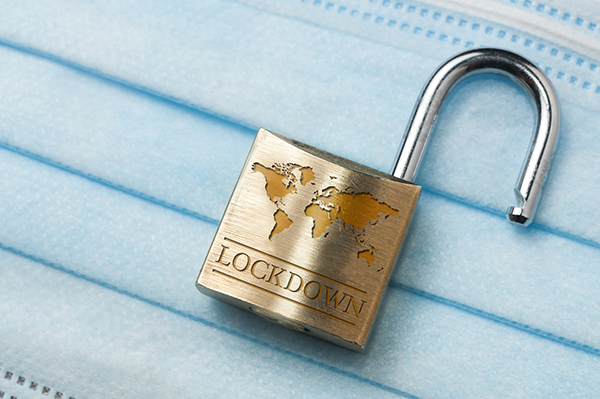Canadian police want to collect DNA from non-violent offenders, claiming National DNA Databank “is under-utilized”
03/13/2023 / By Ethan Huff

The Canadian Association of Chiefs of Police wants more access to the DNA of non-violent offenders who commit crimes like driving drunk, breaking and entering, and stealing things.
The law enforcement arm of our neighbors to the north is pushing for the passage of Bill S-231, entitled An Act to Amend the Criminal Code, which would accomplish just that, allowing police officers in Canada to collect the DNA of non-violent crime suspects.
Right now, only violent offenders can have their DNA collected and stored in a government database in Canada, but the passage of Bill S-231 would expand that to include any person convicted of committing a crime punishable by five years or more in prison.
Canada currently has on the books the 2000 DNA Identification Act, which allows for the DNA sampling of criminals convicted of violent crimes like murder, sexual assault, or hijacking. That law has facilitated the collection and storage of more than 500,000 DNA profiles, which government officials have used in 73,000 cases to help identify suspects, according to the Royal Canadian Mounted Police (RCMP).
In arguing for its passage, Police Chiefs in support of Bill S-231 claim it would help put an end to wrongful convictions by expanding the scope of DNA that police officers have access to while fighting crime.
“The National DNA Databank is under-utilized,” the Police Chiefs said, adding that they feel as though current laws are too “restrictive.” Bill S-231, they claim, poses “an opportunity to make the databank more effective for law enforcement.”
(Related: At the height of the Wuhan coronavirus [Covid-19] scamdemic, Canadian politicians introduced a bill to police all speech on the internet.)
How much should police be allowed to invade people’s genetic privacy in order to fight crime?
As part of their argument in favor of Bill S-231, the Police Chiefs cited a case from 1992 in which Guy Paul Morin, a Queensville, Ontario, factory worker, was wrongfully convicted of murdering a nine-year-old school girl named Christine Jessop.
Years after his wrongful conviction, Morin was exonerated through DNA testing. Jessop’s likely killer, Calvin Hoover, was a family friend who ultimately died by suicide.
Had Bill S-231 been in effect in 2007, according to the Police Chiefs, “Mr. Hoover’s DNA would have been added to the National DNA Databank when he was convicted of impaired driving.”
While some may argue that DNA collection is a necessary evil to fight crime, others say that what the Police Chiefs are demanding is a gross invasion of privacy. Where does it end in terms of the scope of what the government has access to?
Applying the same argument to the infamous Freedom Convoy protest in 2021, every “criminal” caught protesting against Prime Minister Justin Trudeau’s covid “vaccine” passport scheme could have been DNA-profiled and targeted, in addition to having their bank accounts frozen.
Later that same year, the Canada Border Services Agency (CBSA) called for the expansion of government power for public security reasons, calling the need “urgent” in order to create an “Office of Biometrics and Identity Management.” That office would allow the Canadian government to track and monitor the personal information of travelers, including their medical information and vaccination status.
“I’ve lost all confidence in the police,” one commenter wrote. “After what I witnessed during the covid lockdowns, I can no longer support the police. The brown shirts said they just followed orders. It’s no different today.”
“The slow creep of totalitarianism,” said another. “They couldn’t pull it off in great leaps, so they advance in incremental steps.”
The latest news about the expanding global police state can be found at Tyranny.news.
Sources for this article include:
Submit a correction >>
Tagged Under:
Canada, DNA, DNA collections, freedom, National DNA Databank, non-violent offenders, Police, police state, privacy watch, surveillance, Tyranny
This article may contain statements that reflect the opinion of the author
RECENT NEWS & ARTICLES
COPYRIGHT © 2017 FASCISM NEWS




















